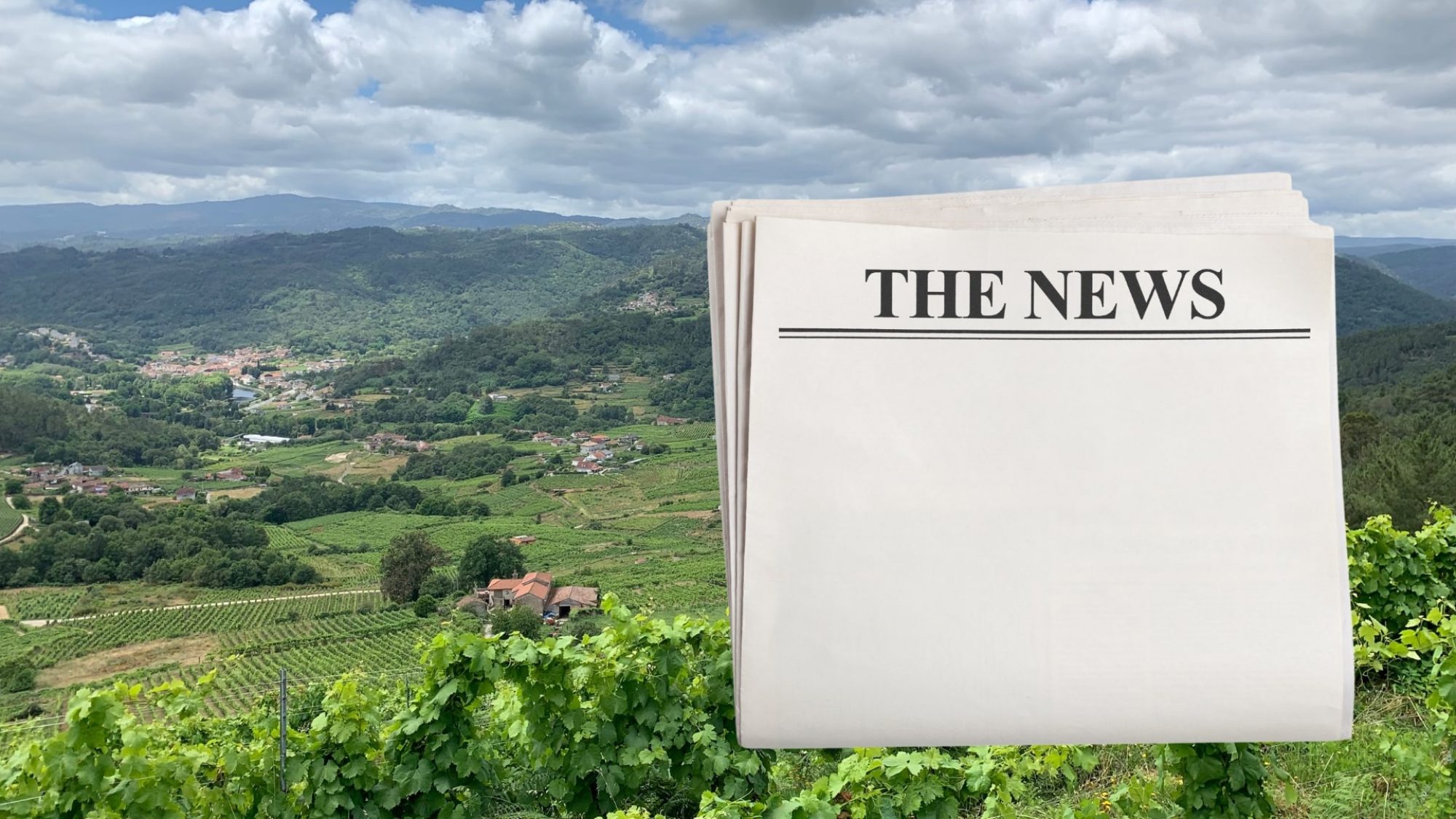Financial Troubles Plague Ribeira Sacra Growers (1/02)
According to a study by the Juana de Vega Foundation, the average value of a liter of wine in Ribeira Sacra is €5.99—the second highest in Galicia, after the Valdeorras’ €6.66/liter. Despite this, Ribeira Sacra’s total economic output is lower than the rest of the Galician DOs. One factor is the cost of growing grapes. According to another study released by the Organización Interprofesional del Vino de España, in Ribeira Sacra production costs are among the highest in Spain, at €1.20/kilo of grapes, compared to the national average of €0.48/kilo. This €1.20 is just about the going price for a kilo of mencía, meaning production costs are equivalent in the vast majority of cases to what grape growers earn at harvest. There are a few explanations for this paradox—one being that many growers’ main source of income comes from something other than wine. Despite this, lack of profitability may be preventing new growers from starting projects in the region as older viticultores retire: in 2005 there were 2,906 growers and at the end of 2022, the official number was 2,217.
Rueda Winery Group Acquires Ribeiro’s Vilerma (1/15)
Vilerma, one of the first wineries to resurrect treixadura in Ribeiro in the 1980s, was purchased by Bodegas José Pariente. The Pariente group, known for producing volume verdejo wines in Rueda, now finds itself the owner of six hectares of vines in the Avia Valley, home to Ribeiro’s most prime real estate. According to Vilerma’s founder, Arsenio Paz, the sale to Pariente guarantees that Vilerma’s house style and its uniqueness will be respected and maintained in the future.
The arrival of José Pariente makes it the third winery group from Valladolid to buy properties in the Ribeira do Avia: Pago de Carraovejas acquired Emilio Rojo and Viña Mein in 2019, and Bodegas Matarromera bought Bodegas Sanclodio in 2022, three years after first investing in Ribeiro with their Casar de Vide project. Rounding out the handful of outside investors, the Hijos de Rivera group (most famous for making Estrella Galicia beer), acquired the Grandes Pagos Gallegos group, which operates the Pazo Casanova winery in Ribeiro.
Ourense Has Most Native Grape Varieties in Spain (1/29)
According to the Madrid Institute of Agrarian Research (IMIA), Spanish DOs use a total of 89 grape varieties, of which 76 are native and 13 foreign (mainly French and German varieties). The Galician Viticultural and Enological Station has 67 different genotypes stored in its germoplasm banks. Of those, nearly thirty are currently used for wine production in Ourense’s four designations of origin and its IGPs, making it the most diverse province in the country for grape varieties.
